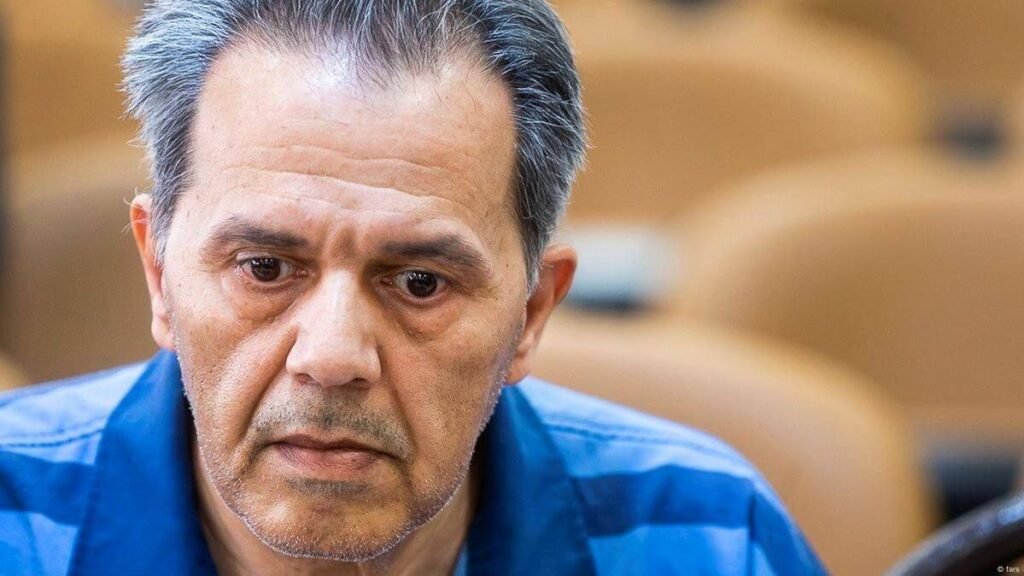Iran has executed German-Iranian dissident Jamshid Sharmahd, sparking international outrage over Iran’s human rights abuse. Sharmahd was convicted of “leading terror operations” and sentenced to death last year for “corruption on Earth”. However, his family and human rights organizations claim he was only a spokesman for the US-based pro-monarchist group, Tondar.
Sharmahd’s execution follows a lengthy imprisonment marred by allegations of torture and denial of adequate healthcare. His daughter, Gazelle, had voiced concerns about her father’s treatment, stating, “They’re killing him softly in solitary confinement in this death cell.” She believed Iran sought to make an example of her father to intimidate others who speak out against the regime.
Germany’s Foreign Minister, Annalena Baerbock, condemned the execution, warning Tehran of “serious consequences”. German Chancellor Olaf Scholz echoed this sentiment, calling the execution a “scandal” and highlighting the lack of opportunity for Sharmahd to defend himself in court.
Human rights groups, including Amnesty International and Iran Human Rights, have denounced the execution, citing violations of international law. Sharmahd’s case raises concerns about Iran’s treatment of dissidents and the use of forced confessions.
The international community remains vigilant, monitoring Iran’s human rights record. Sharmahd’s family demands justice and accountability.
In the wake of Sharmahd’s execution, concerns about Iran’s human rights record have resurfaced, highlighting the ongoing need to address Iran’s human rights abuse.









